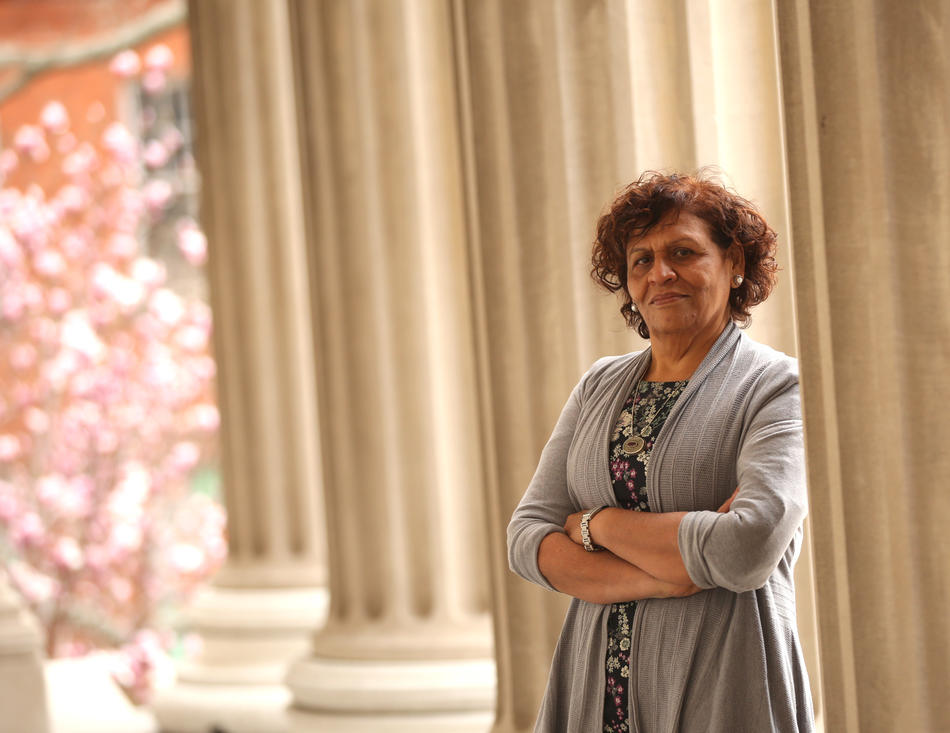School of Social Work to Lead $86 Million Opioid Response in New York State
The School of Social Work has received an $86 million grant from the National Institute on Drug Abuse (NIDA) to spearhead an ambitious multi-year effort to reduce opioid overdose deaths in New York State.
The effort, part of a nationwide research study on how to address the opioid crisis, is being led by Nabila El-Bassel ’89SW, a University Professor and the Willma and Albert Musher Professor of Social Work.
“We are planning a rapid public-health response to the current opioid epidemic, focusing on policy and system-wide changes by working with the criminal-justice system, health-care organizations, emergency rooms, schools, and drug-treatment programs,” she says.
The federal grant, which is one of the University’s largest ever, will bring together researchers from Columbia’s School of Social Work, Department of Psychiatry, Mailman School of Public Health, and Data Science Institute, along with colleagues from the Albert Einstein College of Medicine, the City University of New York, the Weill Cornell Medical College, the New York University School of Medicine, the University of Miami, and the Yale School of Medicine. Working closely with state and local health officials, the researchers will implement an array of drug prevention and treatment programs in fifteen New York counties that have been hit hard by the opioid epidemic.
The aim of the project, El-Bassel says, is not to try out new interventions but rather to determine how proven strategies are best combined in different settings — strategies from opioid education to the distribution of naloxone, a drug used to revive overdose victims. “Some of the communities we’re targeting are in rural areas where few drug-treatment services are available and where little or no research has ever been done,” she says.
The Columbia-led effort is one of four launched as part of NIDA’s Helping to End Addiction Long-term (HEAL) Initiative this spring; companion studies are being led by the University of Kentucky, Boston Medical Center, and Ohio State University in their home states.
NIDA officials have challenged the researchers to reduce opioid-overdose deaths in the communities they serve by 40 percent within three years; the ultimate goal, they say, is to identify strategies that communities across the US can use.
“There is no time to waste,” says El-Bassel, who has decades of experience designing and overseeing drug-intervention programs in marginalized communities. “We have lost far too many to this epidemic already.”



